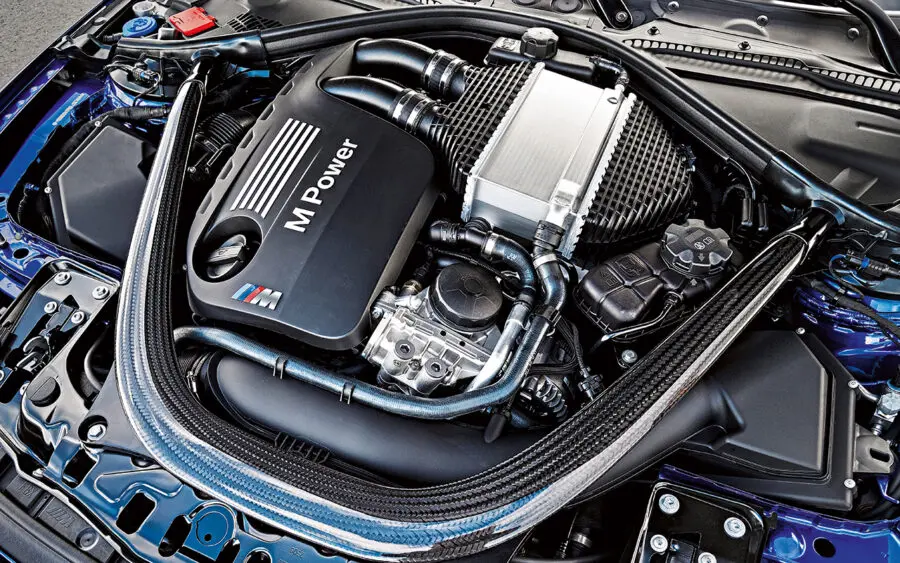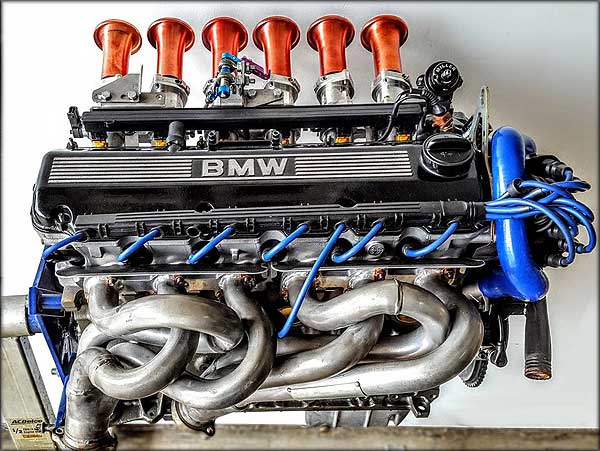Unveiling the Intricacies of Next-Generation Power Units: a Deep Study Advanced Engine Technologies and layouts
In the realm of auto design, the unrelenting search of sustainability, efficiency, and performance has moved the development of power units to unmatched elevations. As we base on the precipice of a brand-new age in transport, the intricacies of next-generation engine styles beckon us to explore the advanced modern technologies and advancements that promise to redefine the driving experience. From innovative products that push the borders of longevity and weight reduction to sophisticated turbocharging and supercharging systems that boost power output to brand-new degrees, each component of these power units holds a crucial to unlocking the future of auto engineering. Delving deeper into the realms of exhaust control, intelligent engine administration systems, and the perspective of power unit growth, we find ourselves on the cusp of a change that guarantees to reshape the landscape of movement as we recognize it.
Advancement of Engine Materials

The change in the direction of progressed engine products has actually additionally enabled designers to make engines with higher power results while preserving fuel performance standards. The use of light-weight products lowers the general weight of the engine, leading to improved fuel economy and lower emissions. Additionally, innovations in products technology have permitted for much better thermal management within engines, resulting in boosted integrity and longevity.
Turbocharging and Supercharging Technologies
Just How do Turbocharging and Supercharging Technologies transform engine efficiency and effectiveness in contemporary automobiles? Turbocharging and turbo charging are innovations that considerably enhance engine efficiency by raising the quantity of air intake into the combustion chamber. Turbocharging accomplishes this by making use of a turbine driven by exhaust gases to pressurize the intake air, while turbo charging uses a belt- or chain-driven compressor to attain the same effect.
These innovations enable smaller, a lot more fuel-efficient engines to generate power comparable to larger ones, called downsizing. By requiring more air right into the cylinders, turbocharging and turbo charging boost burning performance, resulting in raised horsepower and torque output without a significant increase in engine size. This brings about much better acceleration, pulling ability, and total driving performance.
Furthermore, turbocharging and supercharging contribute to boosted fuel effectiveness by allowing the use of smaller sized engines that consume less fuel under normal driving problems - bmw engine. This combination of boosted efficiency and effectiveness has actually made turbocharging and supercharging important elements of numerous contemporary engine designs
Discharge Control and Environmental Influence
With enhancing global concerns regarding air high quality and environmental sustainability, the application of exhaust control technologies in lorries plays an important role in minimizing harmful toxins released into the environment. Modern lorries are geared up with sophisticated emission control systems that assist reduce the environmental effect of automobile procedures. Catalytic converters, for example, are created to convert toxic gases such as carbon monoxide, nitrogen oxides, and hydrocarbons into much less harmful materials like carbon dioxide and water vapor.
Moreover, improvements in engine technology, such as the integration of exhaust gas recirculation systems and discerning catalytic reduction, have actually dramatically contributed to reducing exhausts. These modern technologies work in tandem to maximize combustion effectiveness and reduce the release of damaging contaminants into the air. Furthermore, the development of hybrid and electric vehicles stands for an essential action towards decreasing the overall environmental footprint of the transport market.
Intelligent Engine Administration Solution

Additionally, these systems allow lorries to satisfy rigorous emissions standards without endangering efficiency, giving a more eco-friendly driving experience. The integration of expert system and equipment sites learning capacities in engine administration systems continues to push the borders of what is possible, bring about further renovations in performance, reliability, and total lorry performance. bmw engine. As automobile innovation advancements, intelligent engine administration systems will play a vital role fit the future of transportation in the direction of a more effective and sustainable direction
Future Trends in Power System Advancement
As intelligent engine management systems lead the way for improved control and optimization in modern cars, future trends in power device growth are positioned to redefine the landscape of automotive propulsion technologies. One of the key fads driving technology in power system advancement is the shift in the direction of electrification. With an enhancing focus on sustainability and reducing carbon emissions, hybrid and electrical powertrains are ending up being more common in the automobile industry. These alternative source of power provide enhanced efficiency and performance while aligning with stringent environmental laws.
An additional considerable pattern is the integration of innovative products and making methods. Lightweight materials such as carbon fiber and aluminum are being utilized to minimize general automobile weight, enhancing gas performance and performance. Furthermore, improvements in 3D printing and additive production are making it possible for the manufacturing of complex engine elements with greater precision and sturdiness.
Additionally, expert system and device learning are playing a crucial role in optimizing power system performance. These technologies enable real-time tracking and flexible click here for info control, resulting in extra trustworthy and reliable power delivery. Overall, future patterns in power device growth are tailored in the direction of effectiveness, sustainability, and efficiency, driving the automobile sector towards a brand-new period of propulsion innovations.

Conclusion
In verdict, the advancements in engine materials, turbocharging, emission control, and smart administration systems have paved the means for next-generation power devices. The elaborate designs and technologies in contemporary engines basics display the ongoing development of automotive innovation.
Exploring the modern improvements in engine products has been pivotal in enhancing the performance and performance of modern-day engines. Over the years, the advancement of engine materials has actually played a critical function in pressing the boundaries of what engines can achieve.The change in the direction of advanced engine materials has additionally made it possible for designers to make engines with higher power outcomes while preserving gas effectiveness requirements.The application of smart engine administration systems in modern cars has actually changed the means engines are regulated and optimized for efficiency and performance. By accumulating information in real-time and assessing it with advanced formulas, intelligent engine management systems can adapt to driving styles, environmental variables, and engine health to make best use of power output while decreasing gas usage and discharges.